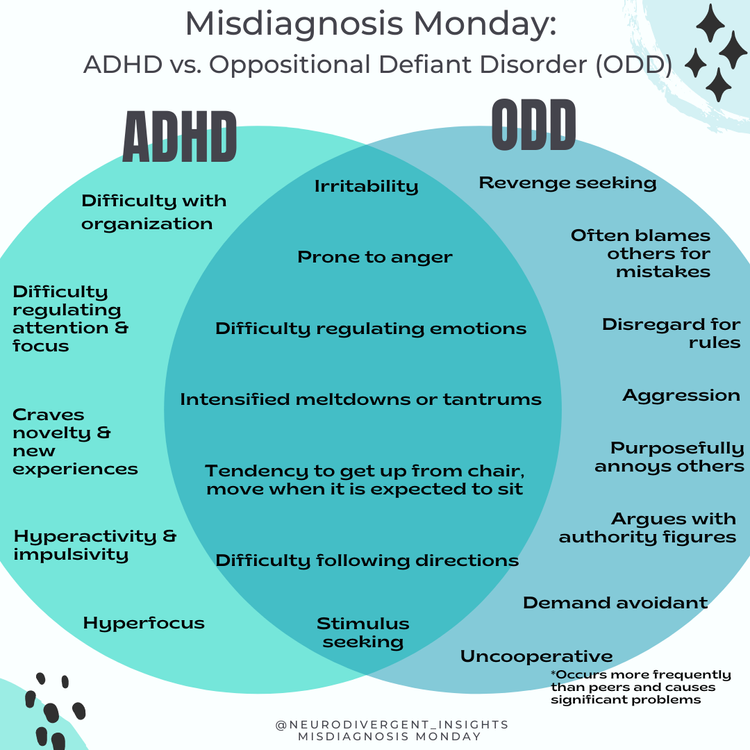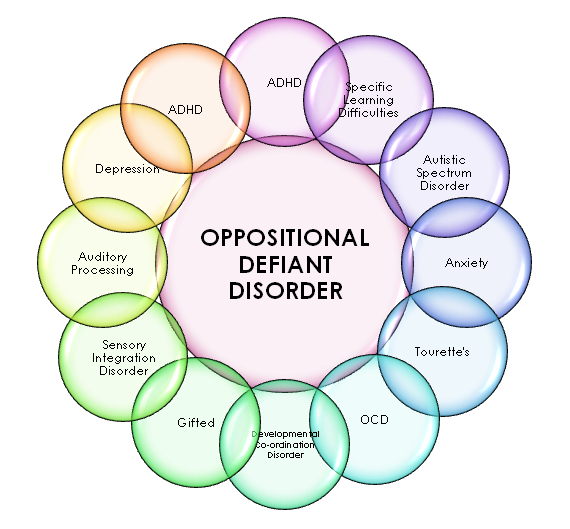
Attention deficit hyperactivity disorder (ADHD) is a neurodevelopmental disorder characterized by difficulty paying attention, hyperactivity, and impulsivity. ADHD is one of the most common mental disorders in children, affecting about 6.1 million children aged 4-17 in the United States. Symptoms of ADHD can continue into adulthood, and about 60% of children with ADHD will continue to have symptoms as adults.
There are three main types of ADHD:
- Predominantly inattentive type: Children with this type of ADHD have difficulty paying attention and staying focused. They may be easily distracted, have trouble following directions, and forget things easily.
- Predominantly hyperactive-impulsive type: Children with this type of ADHD are restless and hyperactive. They may have trouble sitting still, fidget, and talk excessively. They may also be impulsive and act without thinking.
- Combined type: Children with this type of ADHD have symptoms of both inattention and hyperactivity-impulsivity.
The symptoms of ADHD can vary from child to child, but some common symptoms include:
- Inattention: Difficulty paying attention, staying focused, and following directions. May forget things easily and be easily distracted.
- Hyperactivity: Restlessness, fidgeting, and excessive talking. May have trouble sitting still.
- Impulsivity: Acting without thinking, difficulty taking turns, and interrupting others.
The exact cause of ADHD is unknown, but it is thought to be caused by a combination of genetic and environmental factors. Genetics play a major role in ADHD, as it is more common in children who have relatives with the disorder. Environmental factors, such as exposure to lead, head injuries, and prenatal alcohol exposure, may also play a role in the development of ADHD.
ADHD is diagnosed by a mental health professional, such as a psychiatrist, psychologist, or counselor. The diagnosis is based on a comprehensive evaluation that includes a review of the child's symptoms, medical history, and developmental history. The professional may also interview the child's parents and teachers to get their input.
ADHD is typically treated with a combination of medication and therapy. Medication can help to reduce the symptoms of ADHD, such as inattention, hyperactivity, and impulsivity. Therapy can help children and adults with ADHD learn to manage their symptoms and develop coping skills.
Oppositional defiant disorder (ODD) is a neurodevelopmental disorder characterized by a pattern of negativistic, defiant, and disobedient behavior. ODD is one of the most common mental disorders in children, affecting about 1.5 million children aged 6-17 in the United States. Symptoms of ODD can continue into adulthood, and about 20% of children with ODD will continue to have symptoms as adults.
The symptoms of ODD can vary from child to child, but some common symptoms include:
- Negativism: Frequently refusing to comply with requests or rules.
- Defiance: Actively defying requests or rules, even when they are reasonable.
- Argumentativeness: Arguing with adults or authority figures.
- Annoying others: Deliberately annoying or provoking others.
- Vindictiveness: Seeking revenge or getting back at others.
The exact cause of ODD is unknown, but it is thought to be caused by a combination of genetic and environmental factors. Genetics play a role in ODD, as it is more common in children who have relatives with the disorder. Environmental factors, such as difficult family relationships, parenting problems, and childhood trauma, may also play a role in the development of ODD.
ODD is diagnosed by a mental health professional, such as a psychiatrist, psychologist, or counselor. The diagnosis is based on a comprehensive evaluation that includes a review of the child's symptoms, medical history, and developmental history. The professional may also interview the child's parents and teachers to get their input.
ODD is typically treated with therapy. Therapy can help children and adults with ODD learn to manage their symptoms and develop coping skills. Some children with ODD may also benefit from medication.
ADHD and ODD are often co-occurring disorders, meaning that children with ADHD are more likely to also have ODD, and vice versa. In fact, about 40% of children with ADHD also have ODD.
There are a few possible explanations for the connection between ADHD and ODD. One possibility is that the two disorders share some common underlying causes.
WebAttention-deficit/hyperactivity disorder (ADHD). Conduct disorder. Depression. Anxiety disorders. Learning and communication disorders. Treating these other mental. WebODD is common in those with ADHD, which may make diagnosis more challenging than those with ADHD alone. ADHD occurs in children and adults, but only.
The ADHD Toolbox: Oppositional Defiance Disorder (ODD) and ADHD with Jim West

Source: Youtube.com
Dan Dubovsky - Comparing ODD, ADHD, and FASD

Source: Youtube.com
What Is Adhd And Odd, The ADHD Toolbox: Oppositional Defiance Disorder (ODD) and ADHD with Jim West, 45.89 MB, 33:25, 8,519, BrainWorx International, 2021-08-02T23:18:22.000000Z, 2, ADHD vs. ODD — Insights of a Neurodivergent Clinician, 750 x 750, jpg, , 3, what-is-adhd-and-odd
What Is Adhd And Odd. WebADHD and ODD are neurodevelopmental disorders that frequently occur together. ADHD A person with ADHD may have trouble paying attention, be overly.
Bob Dietrich talks with Jim West, author, communicator, and nationally certified licensed counselor, discussing ADHD and Oppositional Defiance Disorder (ODD) - how they can show up (sometimes together, sometimes not), and how to best support our children and loved ones with ADHD and/or ODD.
brainworxinc.com/
What Is Adhd And Odd, WebODD is common in those with ADHD, which may make diagnosis more challenging than those with ADHD alone. ADHD occurs in children and adults, but only.

ADHD vs. ODD — Insights of a Neurodivergent Clinician - Source: neurodivergentinsights.com

Oppositional Defiant Disorder - Lanc UK - Source: lanc.org.uk

Understanding ADHD: Conditions Associated with ADHD - Source: health.ucdavis.edu
What medication is used for adhd and odd
What medication is used for adhd and odd What is the key difference between adhd and odd.
What is the key difference between adhd and odd dhd-oddADHD and ODD: Similarities and Differences | Psych Central
What is the key difference between adhd and odd Attention-deficit hyperactivity disorder (ADHD) is a neurodevelopmental disorder commonly seen in children and adults. Other neurodevelopmental disorders include oppositional defiant disorder (ODD , What is the difference between adhd and odd.
What is the difference between adhd and odd
What is the difference between adhd and odd What does adhd and odd stand for.
What does adhd and odd stand for
What does adhd and odd stand for What is adhd and odd.
What is adhd and odd
What is adhd and odd What does adhd and odd stand for.
itional-defiantODD vs. ADHD: Oppositional Defiant Disorder vs. Attention Deficit
Find out everything you need to know about the ADHD vs. ODD link. Oppositional defiant disorder (ODD) is defined by aggressiveness and a tendency to purposefully bother and irritate others. While it is true that anybody can be aggressive and irritating from time to time, to be diagnosed as ODD, a person must display a pattern of negativistic , .
.
rstanding-and-treatingADHD and Oppositional Defiant Disorder - Verywell Mind
Oppositional defiant disorder is defined as "a recurrent pattern of negativistic, defiant, disobedient, and hostile behavior towards authority figures that is more pronounced than what is usually seen in children of similar age and lasts for at least 6 months.". This can manifest as: The diagnosis first appeared in the Diagnostics and , .
.
.
.
articles › adhd-and-oddADHD and ODD: Diet, symptoms, differences, and more
ADHD and ODD are neurodevelopmental disorders that frequently occur together. ADHD. ADHD is one of the most common neurodevelopmental disorders in children. A person with ADHD may have trouble , What causes adhd and odd.
What causes adhd and odd ps-for-managing-adhdManaging ADHD and ODD When They Occur Together - Verywell Health
What causes adhd and odd ADHD and ODD are separate conditions but often occur together. ADHD is a psychodevelopmental disorder that causes hyperactivity and impulsivity and/or inattention, while ODD is a behavior disorder that causes defiant, irritable, and hostile behavior. Medication is often helpful for ADHD but rarely used for ODD alone. Can you have adhd and odd.
Can you have adhd and odd childhood-adhdADHD vs. ODD: Similarities and Differences - WebMD
Can you have adhd and odd Oppositional defiant disorder (ODD) is one such condition. In fact, ODD is the most common comorbidity with ADHD. In fact, ODD is the most common comorbidity with ADHD. Experts believe that about , What is odd spd and adhd explain briefly.
What is odd spd and adhd explain briefly › adhdADHD and ODD: What's the Connection? - Healthline
What is odd spd and adhd explain briefly ODD is related to a child's conduct and how they interact with their family, friends, and teachers. ADHD is a neurodevelopmental disorder. These conditions are different, but can occur together. What medication is used for adhd and odd.
0 Comments